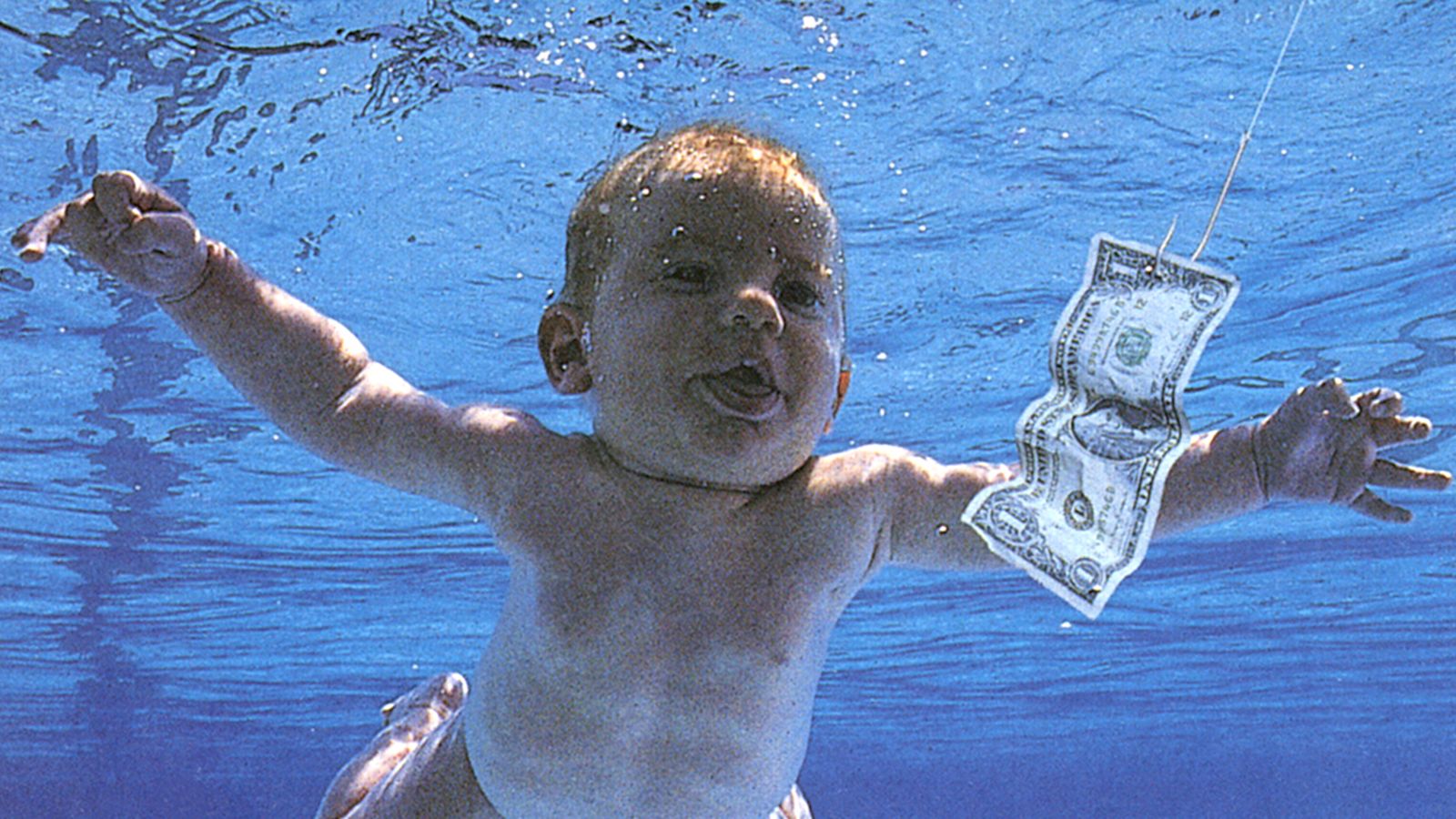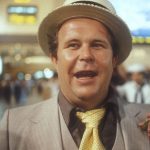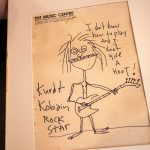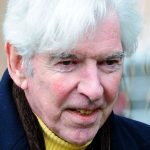Thirty years on, and Kurt Cobain’s “scream” is the reason people are still listening to Nirvana’s iconic album Nevermind, according to friend of the band Everett True.
Music journalist and lecturer at the BMI Institute Dr Jerry Thackray – who used to hang out with the band when he wrote under the nom de plume – says the seminal album marked the “reinvention of rock”.
“It was just exciting… Kurt’s voice, that scream, really did capture that feeling of angst and loneliness and not being able to cope with the outside world.
“It just seemed to sum up not being able to cope with being an adolescent.”
Shortly after its release, on 24 September 1991, the small alternative rock group from Seattle would become one of the most popular bands in the world.
Dr Thackeray was by Cobain’s side for one of the singer’s most memorable infamous performances, at the Reading Festival in 1992.
The music journalist had lent the singer a blonde wig and pushed Cobain – who was dressed in a hospital gown – to the microphone in a wheelchair. A repost to rumours that the singer was in bad health due to a recent drug overdose.
Nirvana’s Nevermind baby sues band over child pornography claims
Rolling Stones legend Mick Jagger teams up with Foo Fighters’ Dave Grohl for surprise lockdown-themed track
Foo Fighters frontman Dave Grohl to publish memoir of ‘a life lived loud’
“They had a wicked sense of humour,” Dr Thackary explains.
“You’d just get up to the most mischief you could. [Kurt] could be just like the rest of us, moody, p***y and in a bad mood, but a lot of the time, particularly early on, he was just really good fun.
“Setting curtains alight in dressing rooms, they did the whole cliché band thing for a while, throwing TVs out of windows.”
Arguably Cobain’s rock-star antics off-stage weren’t all that relatable but his weariness and frustration on the recording of Nevermind struck a chord with disillusioned and disenfranchised young people around the world.
Over the last three decades it has continued to be discovered by successive generations.
Stephanie Phillips, from the punk band Big Joanie, was only three when the album came out but later picked it up in her teens.
How Cobain decried casual sexism, racism, and homophobia was just as impressive to her.
“They said to their fans, if you’re going to be racist or homophobic, don’t come to our shows, don’t buy our records. We don’t want anything to do with you, which is a really clear stance and could be derided as cancel culture now but, back then, it was just a band being political and being honest.”
Subscribe to the Backstage podcast on Apple Podcasts, Google Podcasts, Spotify, Spreaker
It is impossible to list all the artists who cite Nirvana as a formative influence – from alt-rockers Wolf Alice through to rapper Dizzee Rascal.
The Darkness’ Justin Hawkins said the album made him want to “pick up a guitar”.
“I think it caused a lot of guitar players to retrain, suddenly they were hiding their technical ability, they wanted to just play stuff that evoked more passion in an audience,” he said.
Thirty years ago Nirvana led a cultural revolution, championing the outsider. All these years later, the rage of Nevermind still feels just as raw.






















